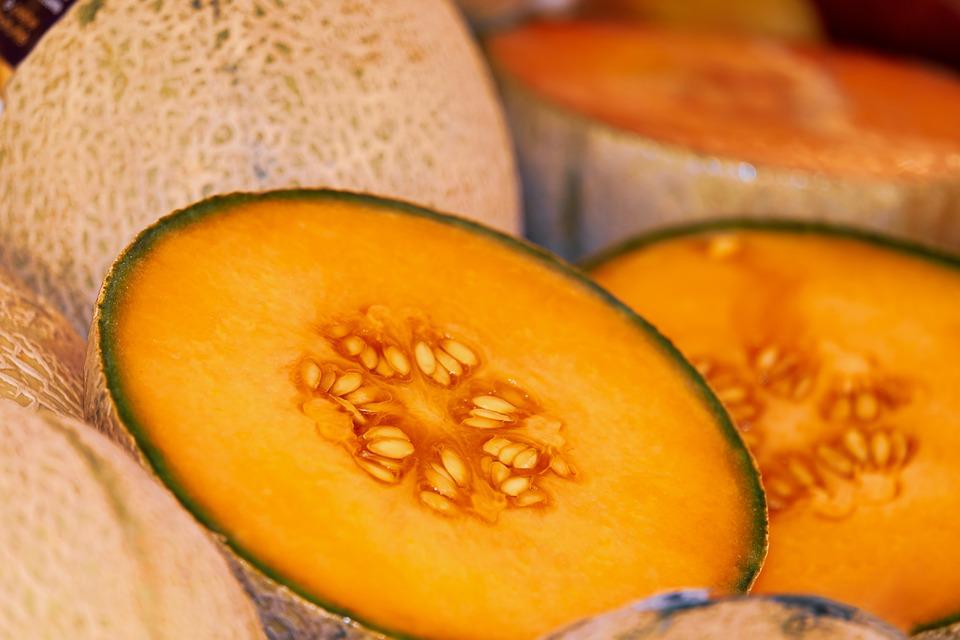



Article by: Hari Yellina
To increase customer demand and eating quality for Australian melons, work is now under way. Hort Innovation has hired crop quality experts Delytics Ltd. to oversee a quality improvement initiative with an emphasis on results in association with Melons Australia, the Queensland Department of Agriculture and Fisheries, and Rudge Produce Systems Pty Ltd. Hort Innovation is a grower-owned, non-profit organisation that annually invests more than $120 million in marketing, research, and development initiatives on behalf of Australian horticulture. The Hort Innovation Melon Fund includes the strategic levy investment project Quality Improvements in the Melon Supply Chain.This 18-month study, funded by industry through Hort Innovation, attempts to address the present issue of subpar fruit, which is thought to be impeding sales and growth in both the domestic and export markets.
According to the Colmar Brunton (VM18000) Melon Consumer Insights survey from August 2019, 26% of the participants had a bad experience eating melons. “This project was chosen as the top priority for our industry in establishing a bright future for Australian melons,” says Johnathon Davey, Executive Officer of Melons Australia. To ensure industry ownership and engagement throughout the Melon Quality Improvement Project, we are thrilled to be a part of it. The project should result in some concrete actions that will raise melon quality overall. In order to create and accept a set of minimal maturity requirements that will guarantee constant quality, Mr. Davey says, “We will be working across the supply chain.” “This will boost demand, ensuring a more prosperous future for the sector. It aims to raise the eating quality of rockmelon, watermelon, and honeydew at the customer point of sale. Once we do it, it stands to reason that demand and consumption will increase.”
Delytics Ltd., the project’s lead organisation, has a wealth of experience assisting the fruit industry in establishing and implementing minimum maturity requirements that will result in verifiable long-term quality improvements. Consumer acceptance of navel oranges increased from 67 percent to over 80 percent in 2016 thanks to Delytics, which also assisted the deregulated New Zealand citrus industry. Since then, all seasons have seen this growth. Then, in 2017, they took the helm of a three-year Hort Innovation initiative that increased continued consumer approval of Australian table grapes from 70% to mid-80%. Additionally, Delytics helped the Australian citrus sector increase consumer acceptance of navel oranges from 76% to consistently above 90%.
By creating minimal quality requirements for Seedless Watermelon, Rock Melon, and Honeydew, this project hopes to produce results for Australian melons that are comparable to those. Melons’ wholesale and retail maturity monitoring will be the project’s first step. The monitoring data will help us better understand the maturity diversity across the important kinds and give us the knowledge we need to create new evidence-based maturity standards, according to Mark Loeffen, managing director of Delytics. Delytics will provide a graphical breakdown of the data available online in real-time for players in the Australian melons supply chain to view round-the-clock once the quality monitoring begins.